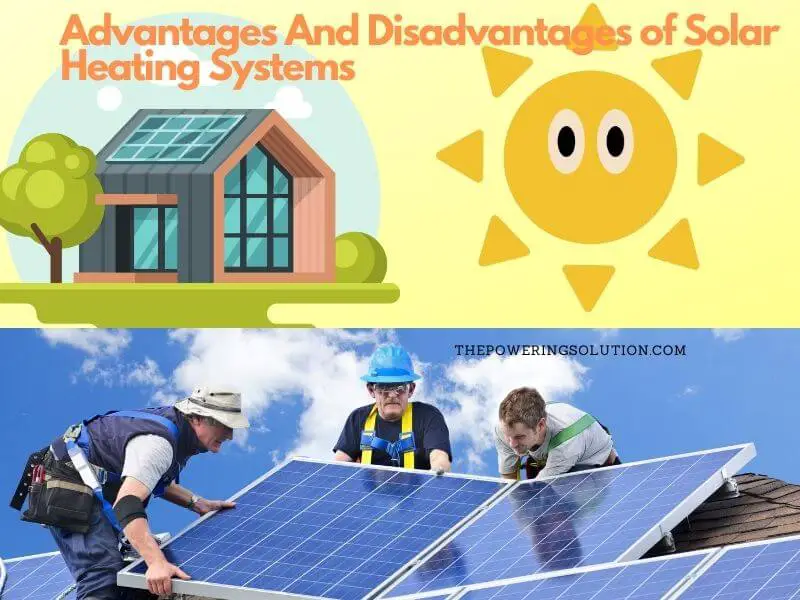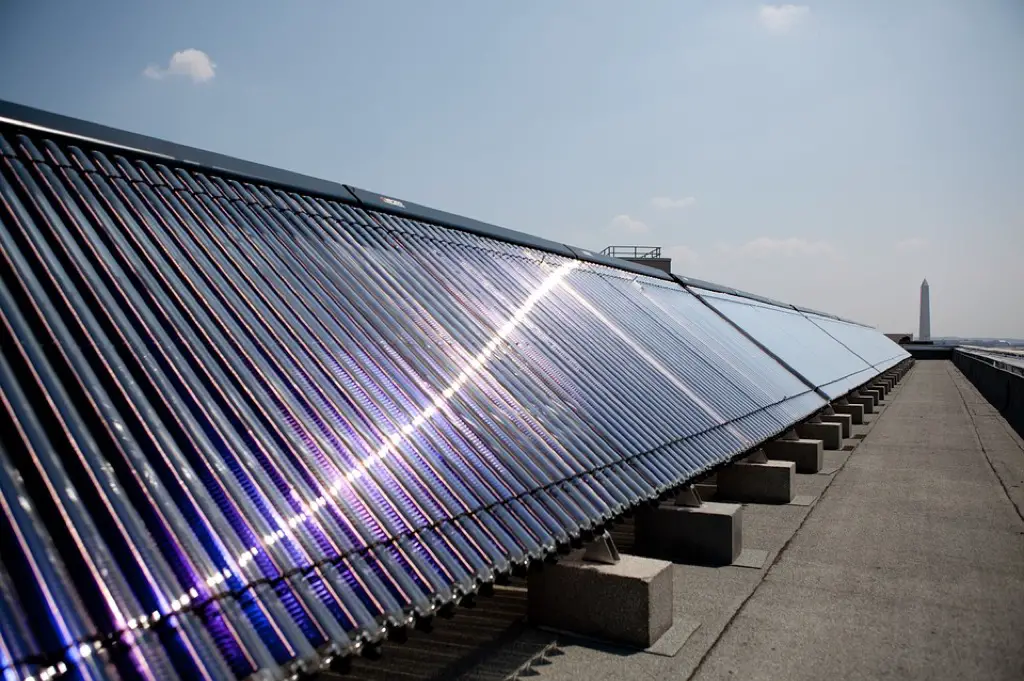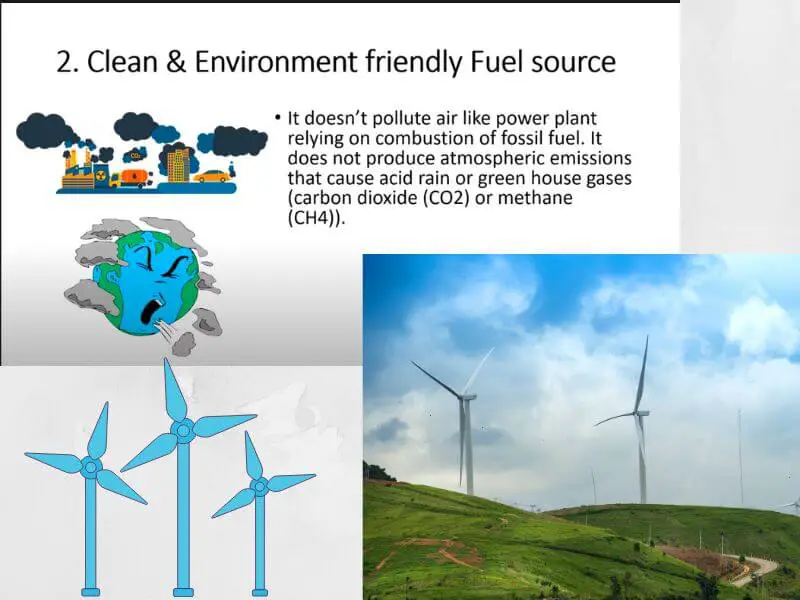If you’re considering switching to solar heating, it’s important to weigh the pros and cons of this sustainable energy source. Solar heating systems can save homeowners money on their energy bills, but they also require a significant up-front investment.
Solar panels must be properly installed and maintained to maximize efficiency.

When it comes to solar heating systems, there are a few things you need to consider before making a decision. Solar heating can be a great way to save money on your energy bill, but there are also some potential drawbacks that you should be aware of.
In this blog post, we’ll explore the advantages and disadvantages of solar heating systems so that you can make an informed decision about whether or not this green energy solution is right for your home.
What is the Disadvantage of Using a Solar Heating System?
A disadvantage of using a solar heating system is that it can be expensive to install. Solar panels can be costly, and the installation process can be time-consuming. Solar heating systems require regular maintenance, like cleaning, to function properly.
What are the 5 Disadvantages of Solar Energy?
Solar energy is one of the most popular forms of renewable energy, but it has drawbacks. Here are 5 disadvantages of solar energy:
| Disvantage number one | Solar panels can be expensive to install, especially if you need a lot of them to power your home or business. |
| Disadvantage number two | Solar panels require regular maintenance to keep them working properly. |
| Disadvantage number three | Solar panels only work when the sun is shining, so they won’t generate any power at night or on cloudy days. You need to be careful to save the panel from rain. |
| Disadvantage number four | Solar panels can take up a lot of space, and some people don’t like how they look on their property. |
| Disadvantage number five | Solar energy isn’t yet as efficient as other forms of renewable energy, such as wind or hydropower. |
What are the Benefits of Solar Heating?

Solar heating is where sunlight is captured and turned into heat energy. This can be done using solar panels or solar thermal collectors. Solar heating is a great way to reduce your reliance on fossil fuels and carbon footprint.
There are many benefits to solar heating, including the following:
| Reduced energy costs | Solar heating can save you money on your energy bills, as you will use less energy from the grid. |
| Environmentally friendly | Solar heating is a renewable energy source that does not produce harmful emissions. |
| Increased home value | sola-heated homes are often more comfortable than those relying on traditional forms of heating, as they even out temperature fluctuations and maintain a consistent temperature. |
Are Evacuated Tube Collectors a Good Choice for Solar Heating Systems?
Evacuated tube collectors are known for their efficiency in solar water heating systems. These collectors are a good choice for harnessing solar energy to provide hot water for residential and commercial use. With their advanced design, evacuated tube collectors can offer a reliable and efficient solar water heating solution.
Disadvantages of Solar Power
Solar power is one of the most popular forms of renewable energy, but it also has its fair share of disadvantages:
Unavailable at Night
The biggest disadvantage of solar power is that it is unavailable at night or on cloudy days. This means that solar power can only be used as a supplement to other forms of energy and cannot be relied upon as a sole power source.
The Installation is Expensive
Solar power is also quite expensive, especially if you want to generate a lot of electricity. The initial investment required for solar panels and equipment can be quite high, although the costs have dropped recently.
It Takes a Lot of Space
Another disadvantage of solar power is that it requires a lot of space to generate significant amounts of electricity. This means that solar farms take up a lot of lands, which could be used for other purposes such as agriculture or housing.
Note
Overall, solar power has some advantages and disadvantages that should be considered before deciding whether or not to use it. It is important to remember that no form of energy production is perfect, and each has its own pros and cons.
Disadvantages of Solar Energy to the Environment
Solar energy is one of the most popular forms of renewable energy, but it also has disadvantages for the environment:
- Solar panels are made from silicon, which is a finite resource. They also contain toxic chemicals like cadmium and lead, which can leach into the environment.
- Solar panel manufacturing creates hazardous waste, and disposing of solar panels can be difficult and expensive. Solar farms can take up a lot of space, and they can have a negative impact on local wildlife.
- The panels can reflect sunlight, disrupting the natural day/night cycle for animals in the area. And when birds try to land on solar panels, they can get electrocuted or burned.
Solar panels are made from silicon, which is a finite resource. They also contain toxic chemicals like cadmium and lead, which can leach into the environment.
Solar panel manufacturing creates hazardous waste, and disposing of solar panels can be difficult and expensive. Solar farms can take up a lot of space, and they can have a negative impact on local wildlife. The panels can reflect sunlight, disrupting the natural day/night cycle for animals in the area.
Note
All forms of energy have some environmental impacts, but solar power is often touted as a clean and green energy source. It’s important to be aware of the potential drawbacks of solar energy so that we can make informed decisions about how to best use this renewable resource.
Advantages And Disadvantages of Wind Energy
Wind energy is a clean and renewable source of energy that has many advantages over other forms of energy generation. Some disadvantages to using wind energy should be considered before investing in this technology:

| Advantages | Disadvantages |
| The main advantage of wind energy is that it is a clean source of power that does not produce harmful emissions or pollutants. | One of the biggest problems is that wind speeds can vary greatly from day to day and even hour to hour, making it difficult to predict how much electricity a turbine will generate at any given time. |
| Wind turbines can be used to generate electricity without emitting greenhouse gases or other pollutants into the atmosphere. This makes wind power an attractive option for those concerned about the environment. | This variability means that backup power sources must always be available, increasing the overall cost of generating electricity from wind. |
Advantages and Disadvantages of Solar Energy
How Can User-Friendly Software Simplify the Management of Solar Heating Systems?
User-friendly software is pivotal in simplified energy management of solar heating systems. It streamlines the process of monitoring and adjusting settings, making it easier for users to optimize their systems for maximum efficiency. With intuitive interfaces and informative dashboards, the management of solar heating systems becomes hassle-free.
Wrap Up
There are a few advantages and disadvantages of solar heating systems before switching from traditional energy sources. Solar heating can be used to heat water for domestic use or swimming pools. It can also be used to supplement existing heating systems, which can save money on energy bills.
Solar power is a renewable resource that doesn’t contribute to greenhouse gases or pollution. The main disadvantage of solar heating is the initial investment required to purchase and install the system. Solar panels can be expensive and must be installed by a professional.
If you’re considering switching to solar power, it’s important to weigh the pros and cons before making your decision.
